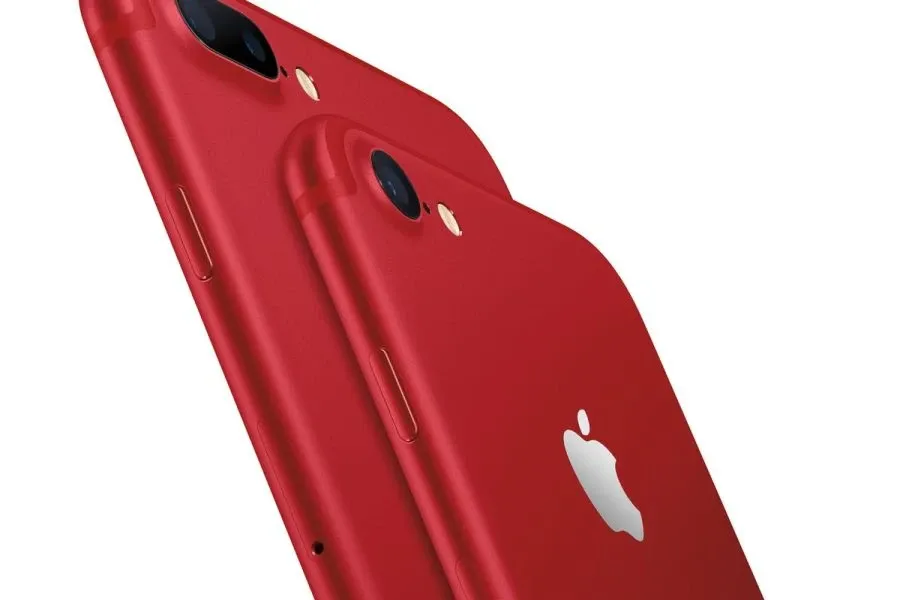Happy New Year!
Happy New Year to all ICT Business readers, followers, business partners, advertisers, and friends. ICT Business team.

Apple soared to a record after giving a revenue forecast that highlighted resilient demand for the iPhone ahead of the launch of its new models and the growing significance of the company’s supporting businesses, according to Bloomberg.
New iPhones typically go on sale in mid- to late September, which produces a few weeks of revenue that are included in the company’s fiscal fourth-quarter results. Some analysts had reduced their estimates on concern the new high-end iPhone may be delayed, but Apple’s projections and increasing sales of other products and services calmed those fears. Revenue will be $49 billion to $52 billion in the three months through September, the company said in a statement. Analysts had predicted $49.1 billion.
“We’ve put everything we know into coming up with the guidance,“ CEO Tim Cook said in an interview with Bloomberg Television. “We really like what we see for the beginning of the back-to-school season.“ The company sold just more than 41 million iPhones in the quarter ended July 1, a 1.6 percent increase from a year earlier and generally in line with analysts’ estimates.
Fiscal third-quarter revenue rose 7.2 percent to $45.4 billion compared with the average projection of $44.9 billion. Every product category grew, driven by services such as the App Store. Apple even sold 15 percent more iPads, a product that seemed out of fashion not that long ago. The stock jumped as much as 6.5 percent, the most since February, valuing the company at almost $828 billion.
Apple is likely to introduce three new handsets this year: a revamped top model, known for now as the iPhone 8, and upgrades to the existing iPhone 7 and iPhone 7 Plus, people familiar with the plans have told Bloomberg News. The high-end iPhone will include an organic light-emitting diode screen, and inadequate OLED supplies mean that it will not be as readily available as the cheaper handsets at launch, the people said.
Slowing smartphone sales have prompted Apple to invest more heavily in developing new technologies. It’s working on smart glasses, an autonomous driving system, improved health and fitness offerings, and its own semiconductor technology. Research and development spending jumped 15 percent to $2.9 billion in the most recent quarter.
Cook is preparing to release Apple’s first new hardware category since 2015. The HomePod, the smart speaker that will go on sale in December, is the company’s response to Amazon’s Echo and Alphabet’s Google Home speakers. The company is hoping that advanced acoustic capabilities will encourage consumers to pay $349 for the device, almost three times as much as the Google Home. The speaker will also serve as a bulwark in users’ homes to deliver more revenue from services.